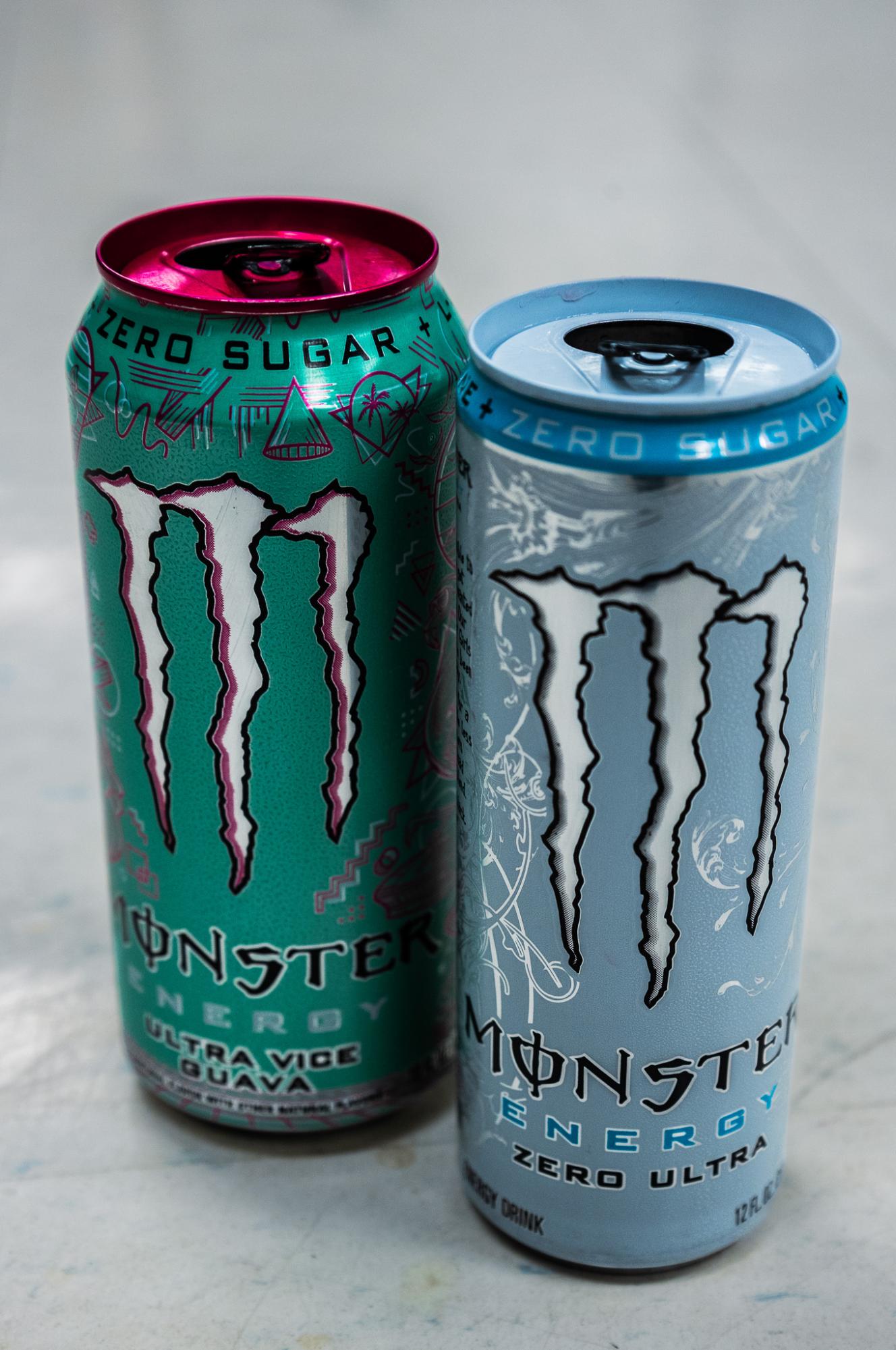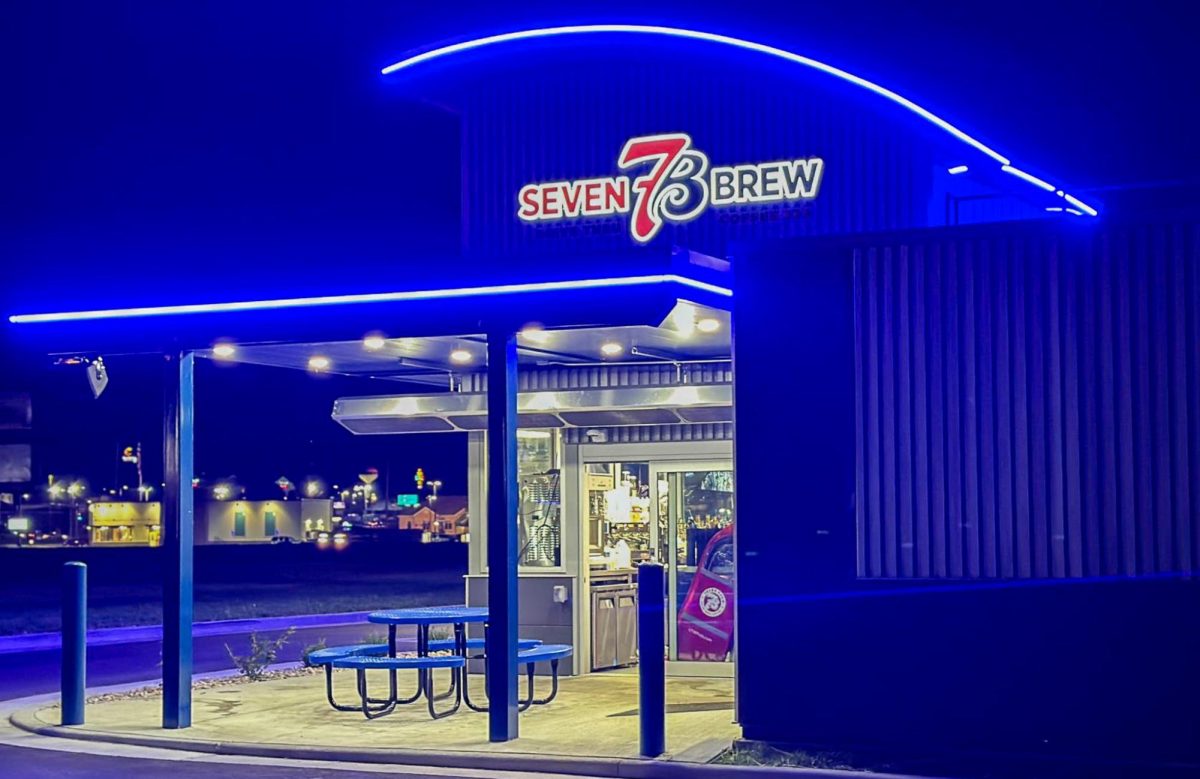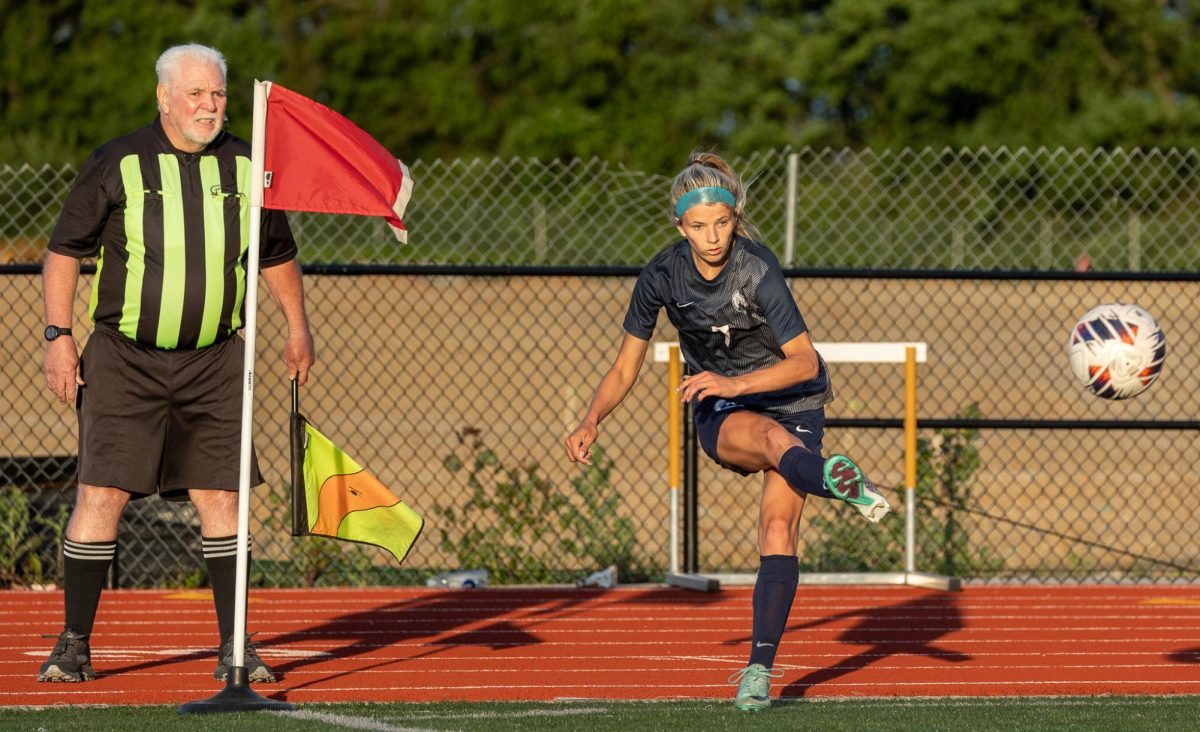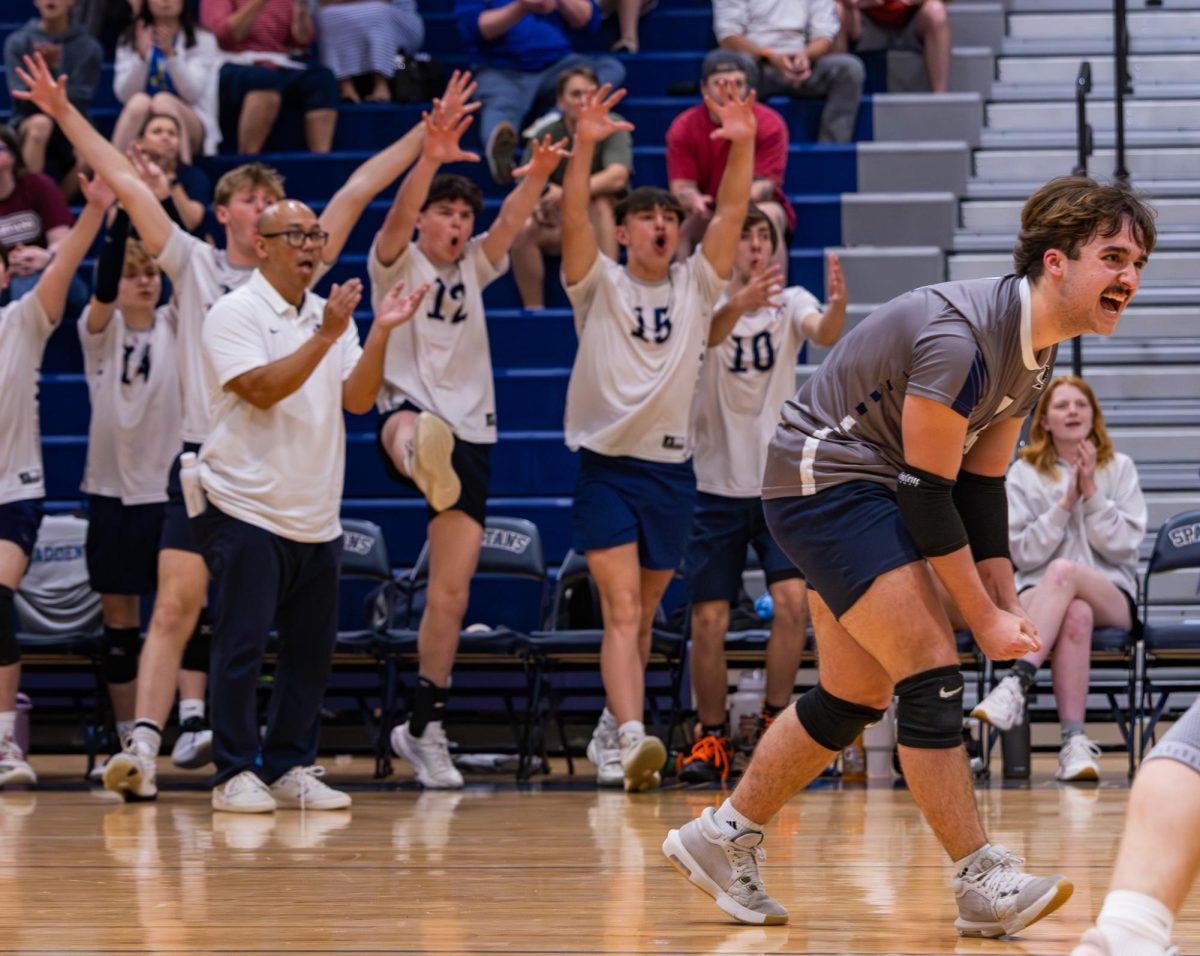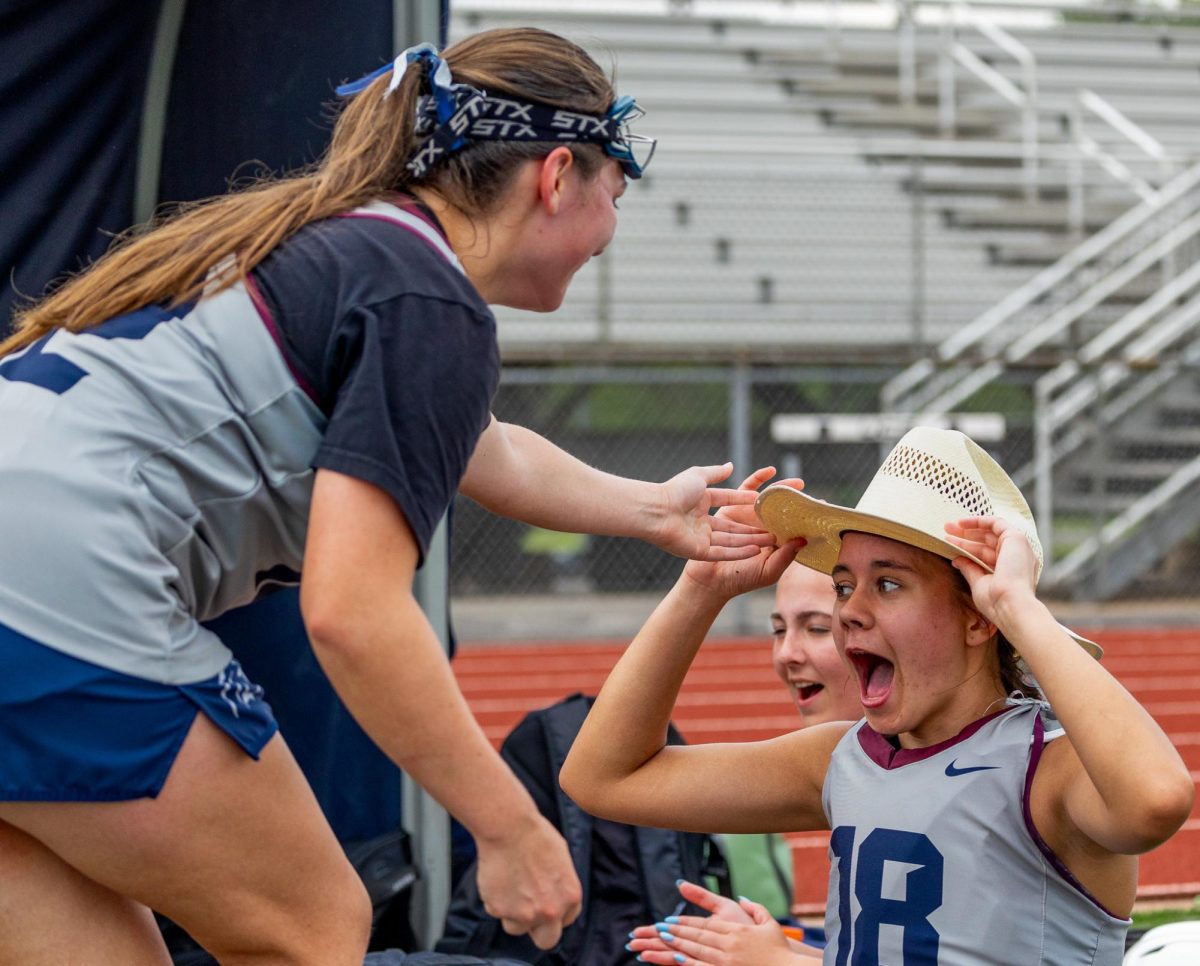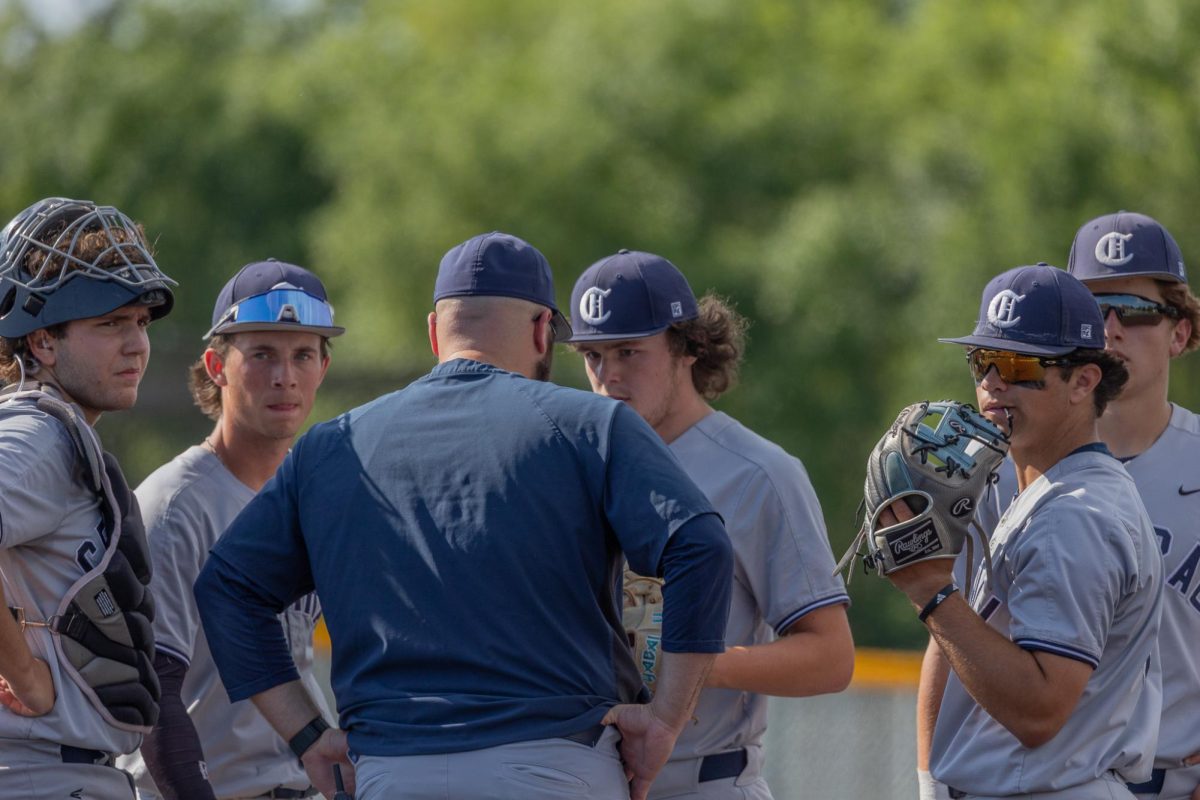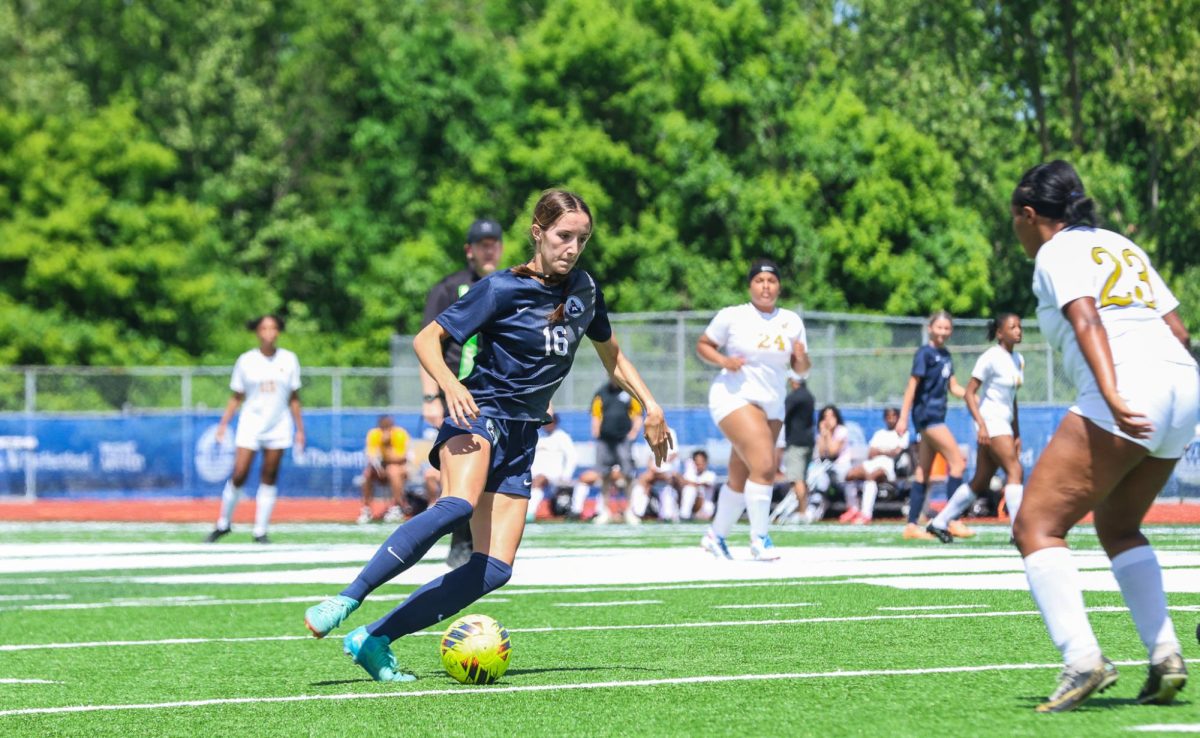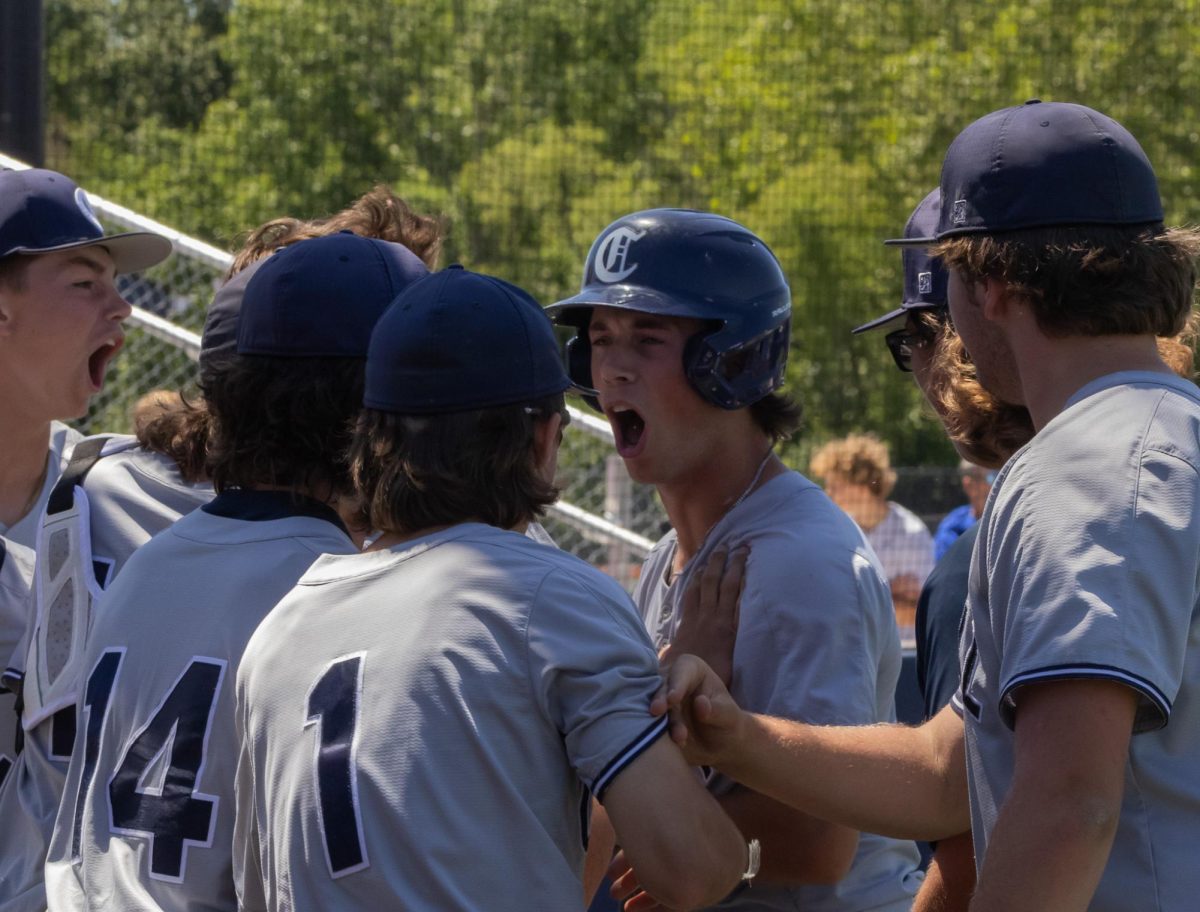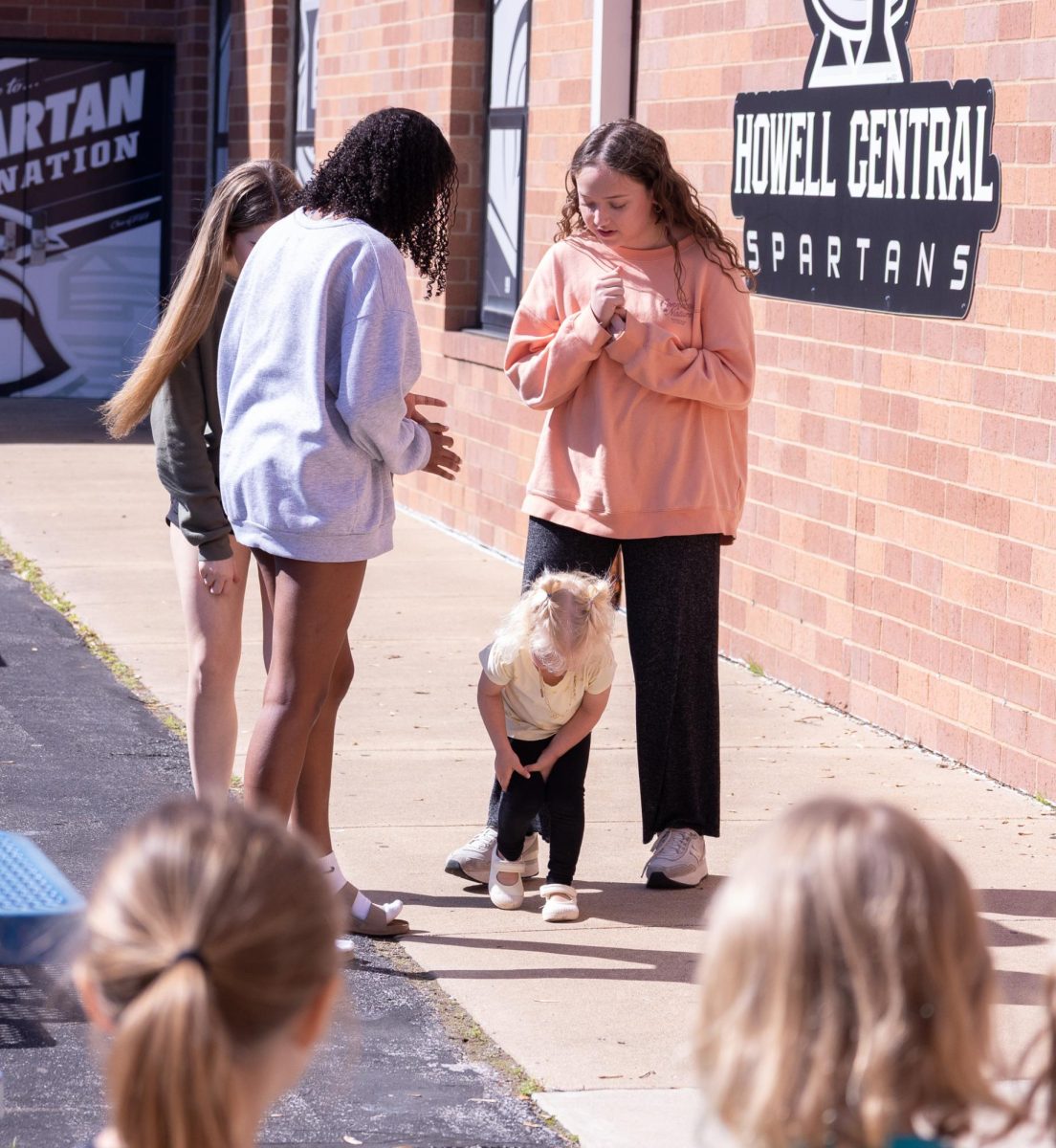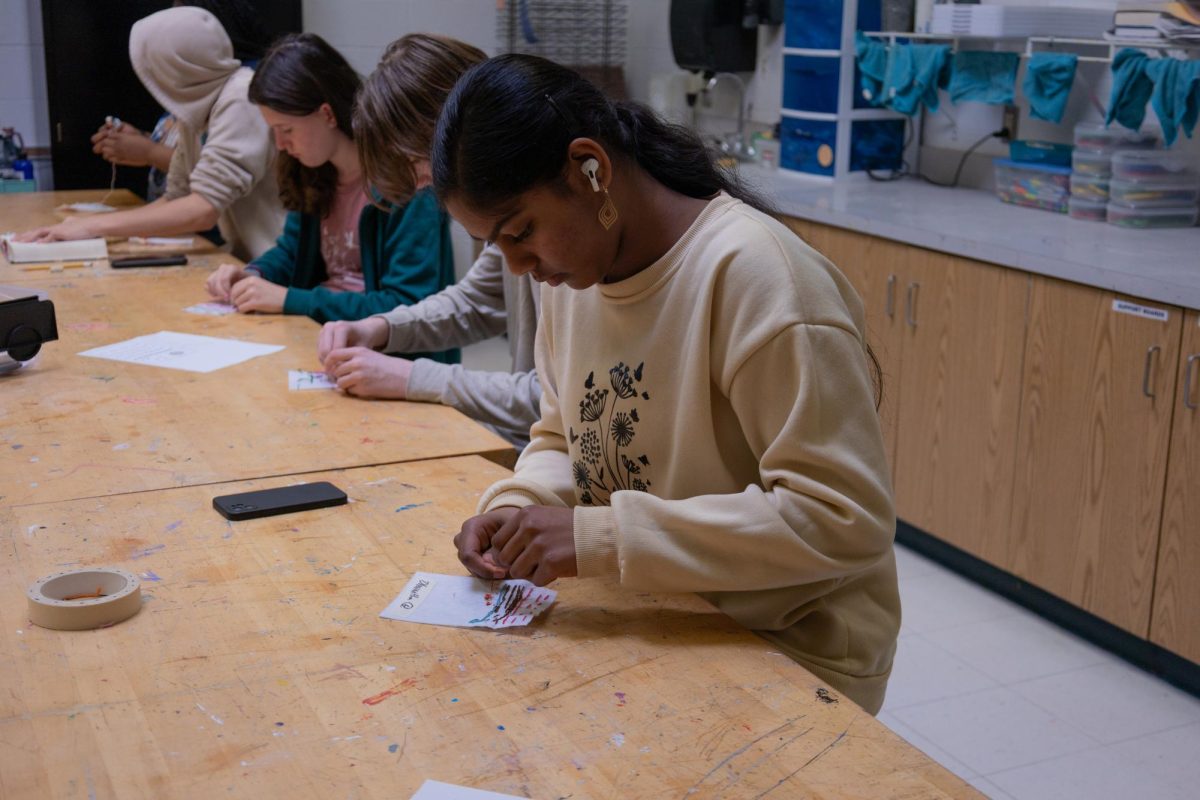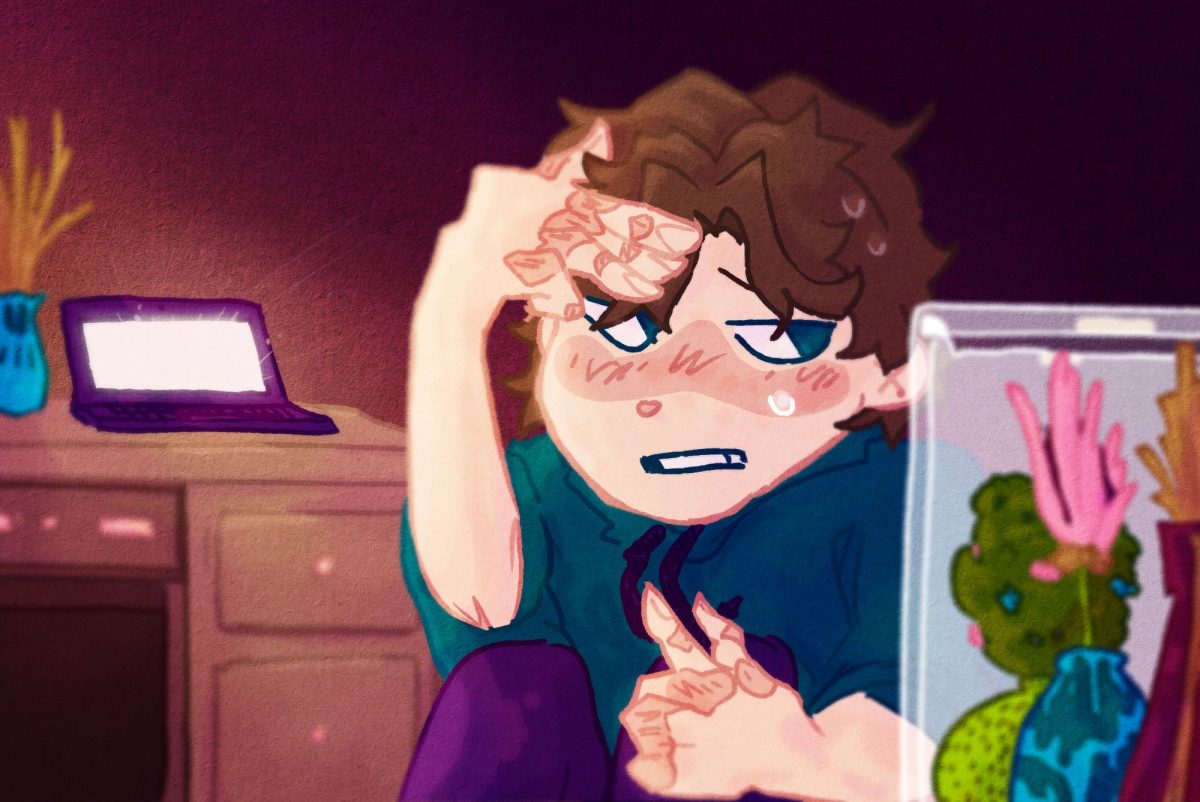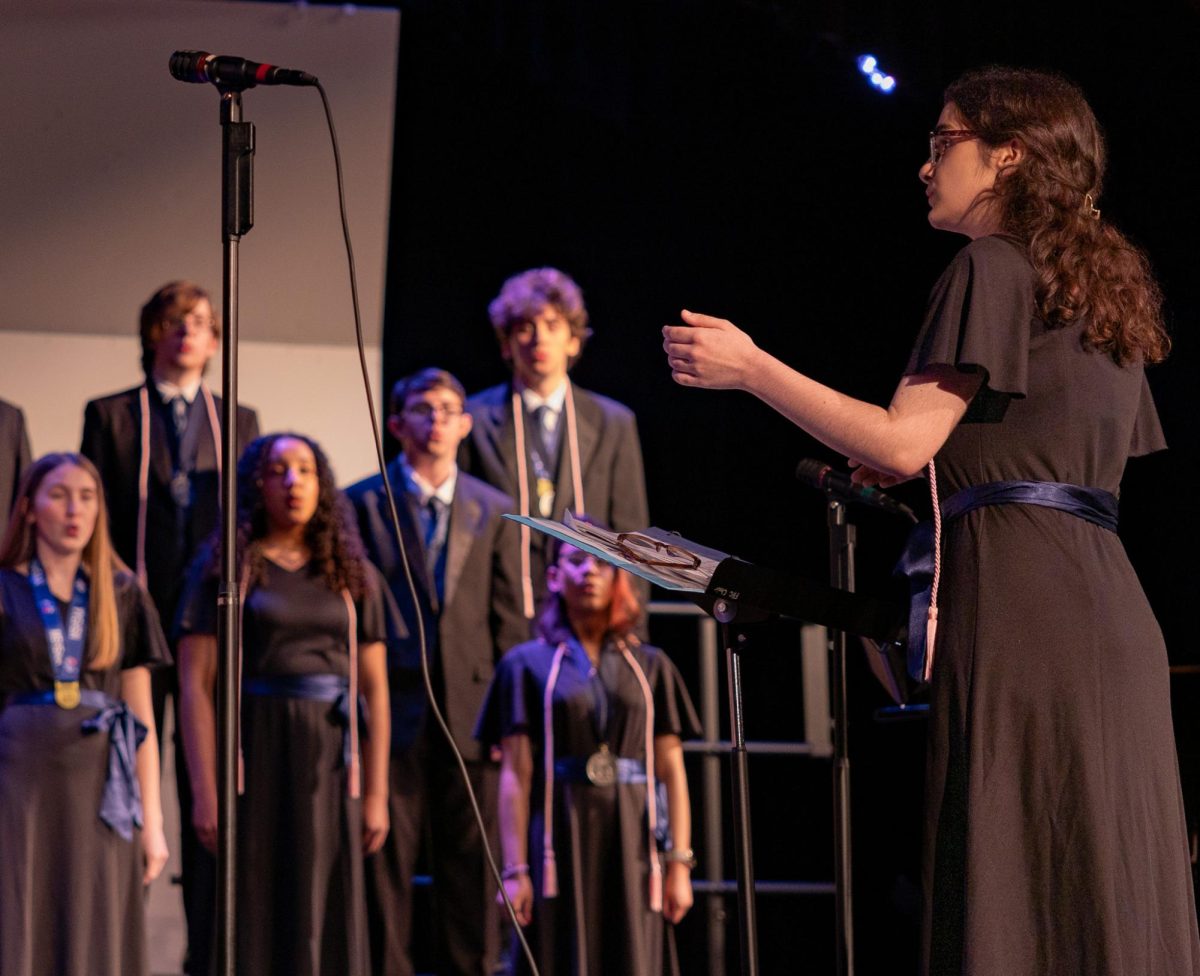When walking through the hallways, everywhere you look someone is holding a caffeinated drink in their hand. High school students on average get six hours of sleep, when studies show that the average teenager requires eight to ten hours of sleep to be successful in their schooling. Most students typically take a one to one-and-a-half hour nap after school because of this. Some students don’t even make it home to nap, but nap in their classes instead of paying attention to their lessons.

However, another way to make up for their lack of sleep, many turn to caffeinated drinks to bring their energy up and to focus in their classes. As a result, most students become dependent on energy drinks and in the most severe cases, addiction. According to surveys, 65 percent of students have an energy drink on a regular basis and when put on a break from the drinks, the repercussions can be harsh. For some students the dependency can become difficult to shake. In the case of senior Lily Webb, she talks about how her life has changed since becoming dependent on caffeine.
“I start to feel a little really tired and I used to get really bad headaches [when I go without an energy drink],” Webb said. “But I’ve definitely cut down on my caffeine intake which made me feel a lot better in the long run.” Webb continued, “I have one or two [drinks] max a week but when I was in my earlier high school days I would drink one every other day per school week.”



